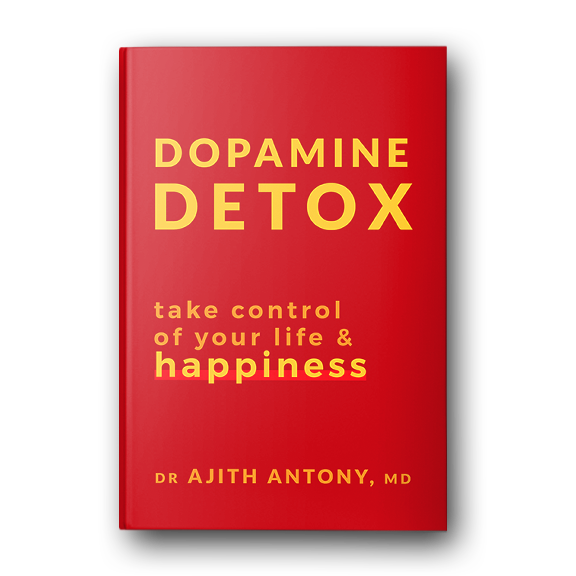The gut has earned a reputation in recent years that transcends its role in digestion. Dubbed the “second brain,” it’s become an organ of mystery, intrigue, and something resembling charisma (if an organ can possess such a thing). The gut and the brain are engaged in a never-ending tango, with substances we consume leading the dance. This relationship between the gut and brain, known as the gut-brain axis, is a hot topic in scientific research, and not just because it offers endless opportunities for gastrointestinal puns.
The gut-brain connection extends far beyond that “gut feeling” you get when you’re about to make an important decision in your life. This complex bidirectional communication system involves neural, hormonal, and immunological pathways, creating a symphony of signals that impact everything from digestion to mood.
In this article, we’ll focus on two main characters in this digestive drama: probiotics and prebiotics. These elements play critical roles in the gut’s communication with the brain, contributing to a healthy gut environment and, potentially, a happier you.
1. Probiotics: Your Microbiome’s Best Friends
What are Probiotics?
Probiotics are live microorganisms, primarily bacteria, that confer health benefits when consumed in adequate amounts [1]. Essentially, they’re the friendly bacteria that take up residence in your gut. Think of them as amiable neighbors who always have a cup of sugar to spare.
How do Probiotics Affect the Gut-Brain Connection?
Probiotics have been shown to interact with the gut-brain axis by altering the gut flora, enhancing the gut barrier function, and modulating inflammation [2]. This might not sound as sexy as it is, but trust me, it’s pretty impressive.
Sources of Probiotics
Yogurt is the most well-known source of probiotics, but there’s a world of probiotic-rich foods to explore, including fermented foods like kimchi and sauerkraut. So the next time you’re in the mood for a microbial feast, why not venture beyond the dairy aisle?
2. Prebiotics: The Microbiome’s Fine Dining
What is Prebiotics?
Prebiotics are non-digestible food components that promote the growth and activity of beneficial gut bacteria [3]. They’re like elegant candlelit dinners for your internal flora. Who wouldn’t feel fancy after that?
How does Prebiotics Impact the Gut-Brain Axis?
Prebiotics nourish the good bacteria in the gut, enabling them to flourish. This creates a healthier gut environment, which in turn can impact brain function through various pathways, including the modulation of neuroinflammation and stress hormones [4].
Sources of Prebiotics
Prebiotics are found in foods such as onions, garlic, and asparagus. Yes, your breath might suffer, but your gut will sing praises (metaphorically, we hope).
Conclusion
The relationship between the gut and the brain is an intricate and ongoing dialogue that’s far more complex than our limited understanding of “good” and “bad” foods. Probiotics and prebiotics are key players in this conversation, acting as both conductors and participants in the grand symphony of our internal ecosystem.
As science continues to unravel the mysteries of the gut-brain connection, our view of digestion and mental well-being may be forever altered. In the meantime, there’s plenty to chew on, both literally and figuratively.
And, if you ever doubted that your gut was anything more than an instrument of digestive discontent, remember that it’s also your second brain, ever ready to engage in a stimulating conversation. Just be careful what you say; you never know when it might talk back.
Bon appétit!
References:
[1] Hill, C., Guarner, F., Reid, G., et al. (2014). Expert consensus document. The International Scientific Association for Probiotics and Prebiotics consensus statement on the scope and appropriate use of the term probiotic. Nature Reviews Gastroenterology & Hepatology, 11(8), 506-514.
[2] Dinan, T. G., Stanton, C., & Cryan, J. F. (2013). Psychobiotics: a novel class of psychotropic. Biological Psychiatry, 74(10), 720-726.
[3] Gibson, G. R., Hutkins, R., Sanders, M. E., et al. (2017). Expert consensus document: The International Scientific Association for Probiotics and Prebiotics (ISAPP) consensus statement on the definition and scope of prebiotics. Nature Reviews Gastroenterology & Hepatology, 14(8), 491-502.
[4] Sarkar, A., Lehto, S. M., Harty, S., Dinan, T. G., Cryan, J. F., & Burnet, P. W. (2016). Psychobiotics and the Manipulation of Bacteria–Gut–Brain Signals. Trends in Neurosciences, 39(11), 763-781.

Comments
One response to “The Gut-Brain Connection: A Dopanomic Dialogue Worth Digesting”
[…] The gut is often referred to as the “second brain,” and it’s not just because of its ability to protest vehemently against that extra helping of spicy chili. The gut and the brain are in constant communication, and the substances we consume have a direct effect on this dialogue. I have written a detailed post regarding this already. […]